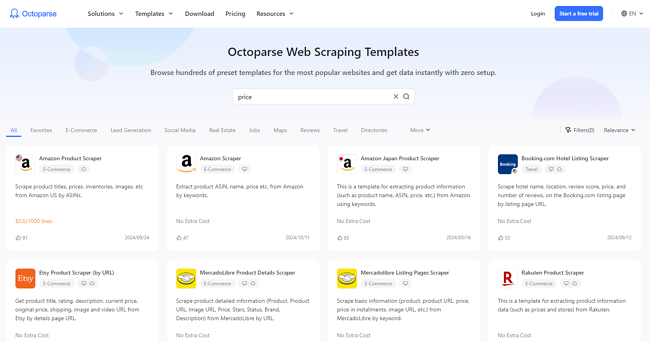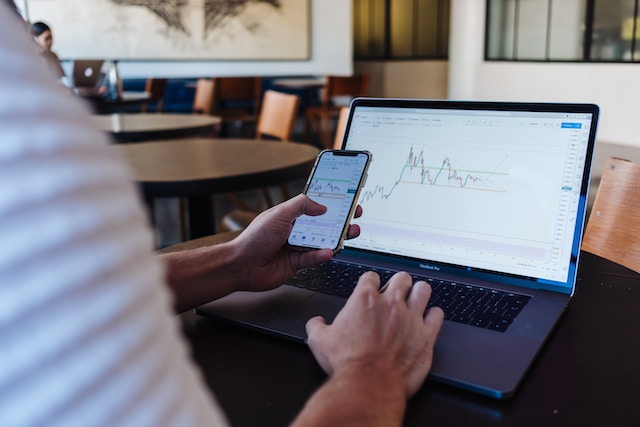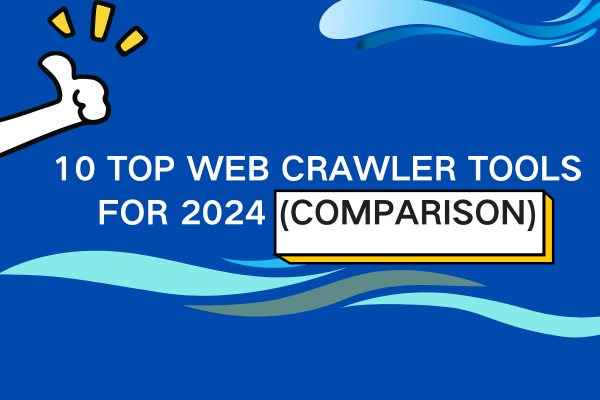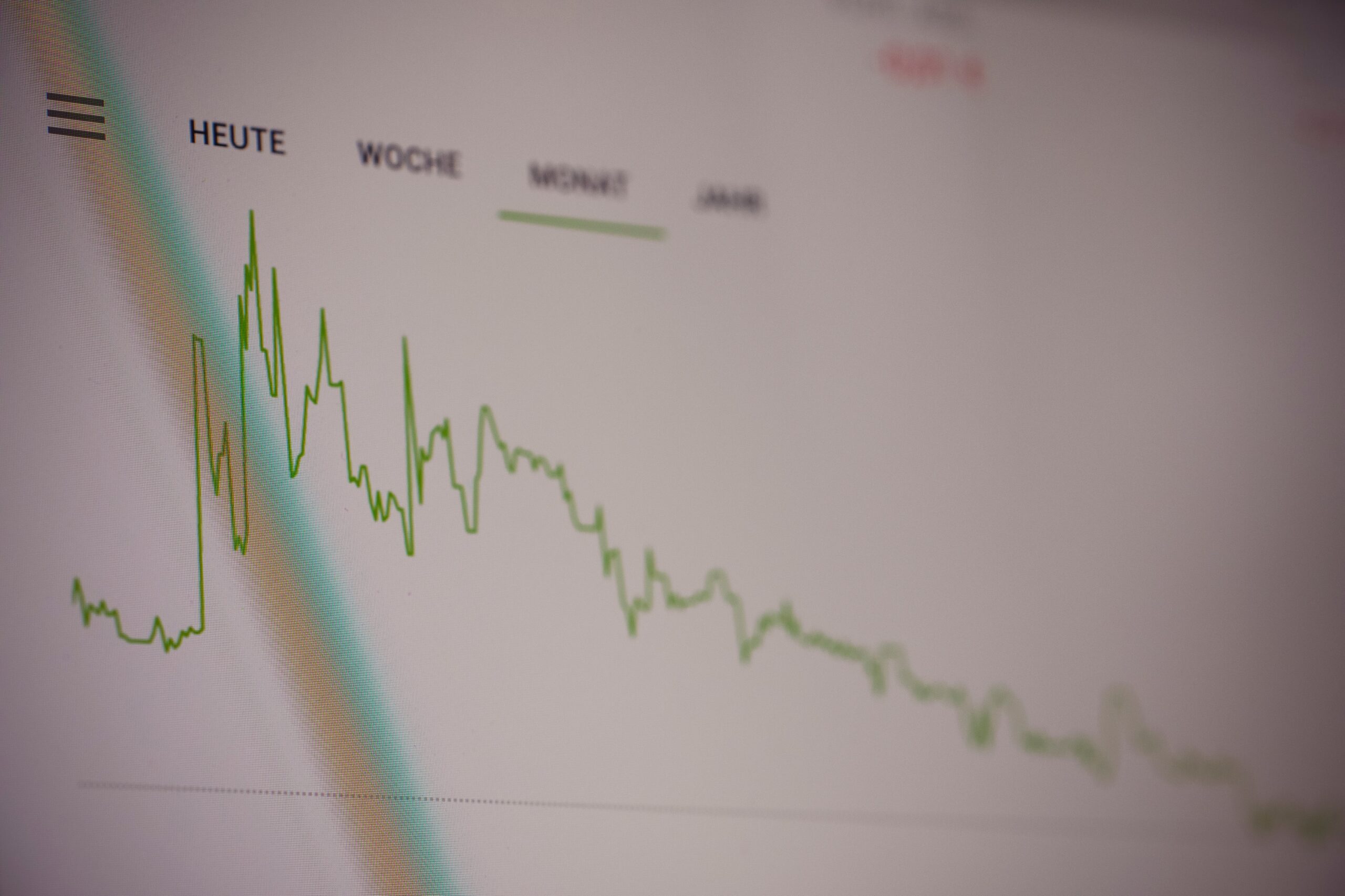When it comes to price comparison, you might think of a consumer checking prices across various online stores just to find out which one has the best deal. Fair enough. While consumers like to compare prices, a growing number of retailers are tracking product prices daily and doing all kinds of interesting stuff with them, such as analyzing price data to increase pricing strategies. Price comparison is not solely for individuals but can create great value for businesses as well. In this post, let’s find the best price comparison tool for your business.
What is Price Comparison
For individual consumers, price comparison is a great way to get the best possible price for a product or service. It’s the practice of comparing the prices of similar products or services from different retailers, brands, or providers to identify the best deal or value for a purchase. However, in a business context, price comparison requires a deeper understanding of price data. Along with comparing prices of products or services offered by competitors in the market, businesses need to analyze the price data to understand their pricing position relative to competitors and identify pricing trends to make informed decisions regarding their own pricing strategies.
Why Monitoring Price is Important
Price information plays an important role in many business practices. Monitoring price helps business owners to stay competitive in the market, and make strategic decisions that support long-term business success.
On the market level
- Understand market trends: Monitoring prices at the market level provides insights into overall pricing trends, demand fluctuations, and consumer behavior so that companies can adapt their pricing strategies to align with market dynamics and remain competitive.
- Develop consumer insights: At the market level, price monitoring can help companies understand customer preferences, purchasing power, and price sensitivity. For example, analyzing market prices can help businesses tailor their offerings to meet customer needs and expectations effectively.
- Stay informed about benchmarks: Comparing prices across the market allows companies to benchmark their pricing against industry standards. Such actions allow businesses to identify areas for improvement, set competitive prices, and enhance their market positioning.
On the competition level
- Stay competitive in the market: Monitoring prices at the competition level provides valuable insights into competitor pricing, strategies, promotions, and discounts. With such information, business owners can evaluate their market positioning relative to competitors, and respond quickly to pricing changes and market shifts. After that, companies can adjust prices to stay ahead of rivals.
- Avoid price wars: Tracing prices also contributes to healthy competition in the market. Businesses can monitor competitor pricing changes to make strategic pricing decisions that prevent margin erosion and maintain profitability.
- Plan differentiation strategies: Analyzing competitor prices enables businesses to identify opportunities for product differentiation and value proposition enhancements. By understanding how competitors price their offerings, companies can develop unique selling points and attract customers based on value rather than price alone.
Top 10 Tools for Price Comparison in 2025
TOP 1: Octoparse
Octoparse is a no-coding tool for web scraping. Whether you’re an expert in coding or have zero experience in programming, Octoparse provides an easy-to-use solution for scraping price information among most mainstream platforms worldwide. While tracking product prices using Octoparse, you can set up your price scrapers with clicks and turn price information into structured data for further analysis and price comparison.
Meanwhile, hundreds of preset templates are now available on Octoparse. These templates allow users to get data instantly with zero setups. By searching with keywords such as price, you can get a list of templates that can scrape prices from the most famous e-commerce platforms, like Amazon, eBay, Google Shopping, Tokopedia, etc.

TOP 2: Prisync
Prisync is a comprehensive pricing intelligence tool that allows companies to monitor competitor prices, track pricing trends, and optimize pricing strategies. It provides features like competitor price tracking and dynamic pricing suggestions that business owners might need to stay ahead of the competition.
TOP 3: Competitor Price Watch
Competitor Price Watch is a valuable tool for businesses to make informed pricing decisions. While using this tool, organizations can monitor competitor prices and receive real-time notifications when prices change, as well as check historical price data. Therefore, business owners can be well informed about price changes and trends in the market over a while.
TOP 4: Wiser
A little bit different from the tools we mentioned above, Wiser is a dynamic pricing and merchandising platform that offers businesses real-time pricing intelligence and competitive insights. Wiser can help companies optimize their pricing to drive sales and increase profitability by leveraging data-driven pricing strategies and competitor monitoring.
TOP 5: Price2Spy
Price2Spy is a tool for price monitoring and repricing. Besides monitoring competitor prices and analyzing market trends, this tool allows business owners to automate repricing strategies which can help them save time and effort in fixing prices. Meanwhile, it provides price comparison reports to empower companies to make strategic pricing decisions.
TOP 6: Omnia Retail
Omnia Retail is a pricing optimization platform that uses data-driven insights to help business owners set competitive prices. With features like pricing optimization and promotion management, it allows users to achieve pricing excellence in a competitive market and maximize profitability.
TOP 7: Competera
More and more price comparison tools are powered by AI nowadays. Competera is one of them. It’s a pricing platform that equips AI and advanced analytics to help businesses optimize prices and monitor their competitors’ strategies. By providing business owners with AI-driven pricing recommendations and competitor price tracking, Competera helps users to succeed in a dynamic market environment and increase revenue.
TOP 8: RepricerExpress
RepricerExpress is a repricing tool with a focus on e-commerce platforms like Amazon and eBay. For retailers who run online stores, RepricerExpress is a helpful tool for repricing. It can help online stores to adjust prices based on competitor pricing and market conditions. With RepricerExpress, online businesses are more likely to stay competitive and maximize sales.
TOP 9: TrackStreet
TrackStreet is a brand protection and pricing intelligence platform that aims to help businesses monitor and enforce pricing policies, track MAP violations, and manage online distribution. Compared with other tools, TrackStreet applies MAP monitoring and pricing policy enforcement to ensure that businesses can maintain control over their pricing strategies.
TOP 10: NetRivals
NetRivals is a competitive intelligence tool that gives companies insights into competitor prices, assortment analysis, and market trends. By offering competitor price monitoring and price bench-marking, NetRivals enables business owners to make informed pricing decisions and stay competitive in the market.
Wrap Up
Price comparison is essential for businesses looking to optimize pricing strategies and drive profitability. With the right tool, you can make informed pricing decisions to stay ahead of the competition. Hope that you have found the right one for your business in this post and achieve long-term success in today’s competitive marketplace.




